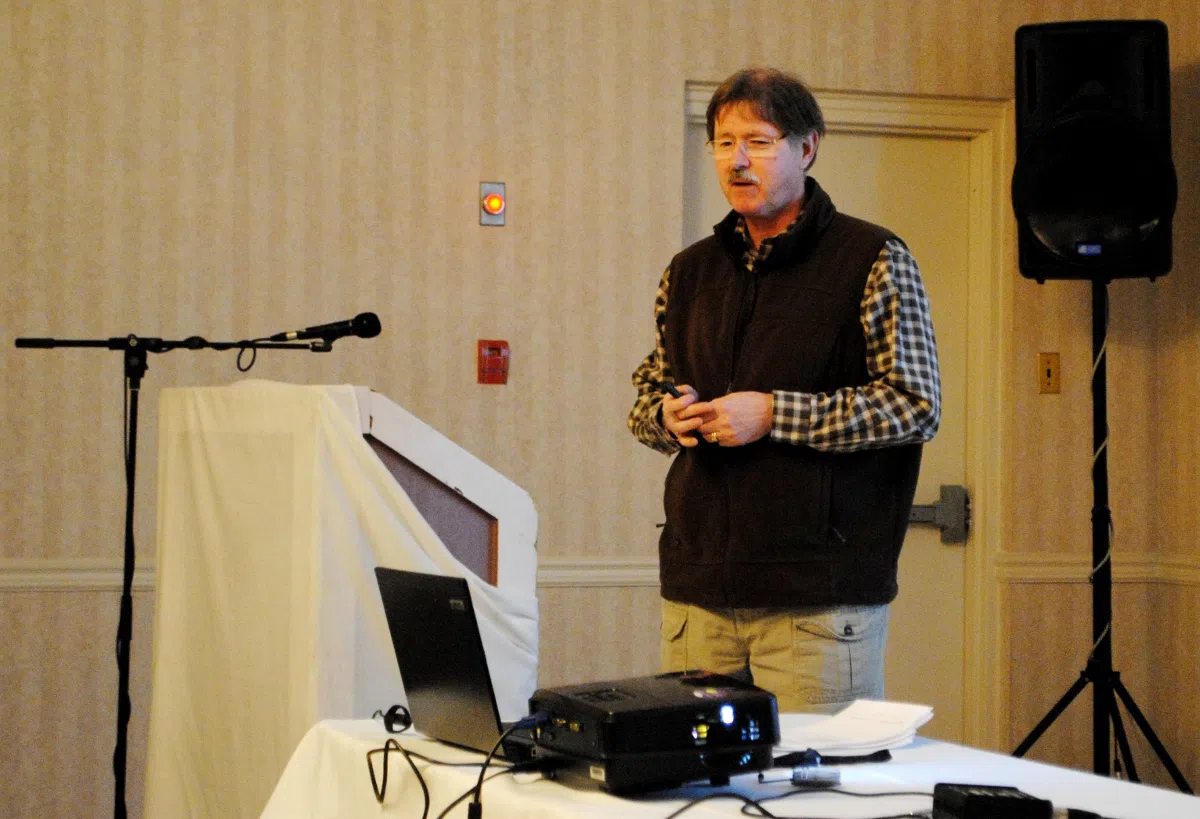
PA forestry industry growing in more ways than one
Saskatchewan’s forestry industry is starting to gain traction after the major economic downturn in the mid 2000s.
The main concern now is taking the needs of aboriginal peoples into consideration when it comes to a number of issues. Those issues include lifestyle needs, communities, wildlife habitation, recreational activity areas, and focusing on renewing growth in the forests in Saskatchewan.
As a result, Sakaw Askiy Management is working with shareholders and community members to come up with a five-year plan to help grow the industry but also make sure that forests are being regrown and renewed and that these other factors are not being negatively affected by tree-cutting.
The company oversees all concerns and management of the eight forestry companies/shareholders that fall under Prince Albert Forest Management Agreement (PA FMA) jurisdiction.


